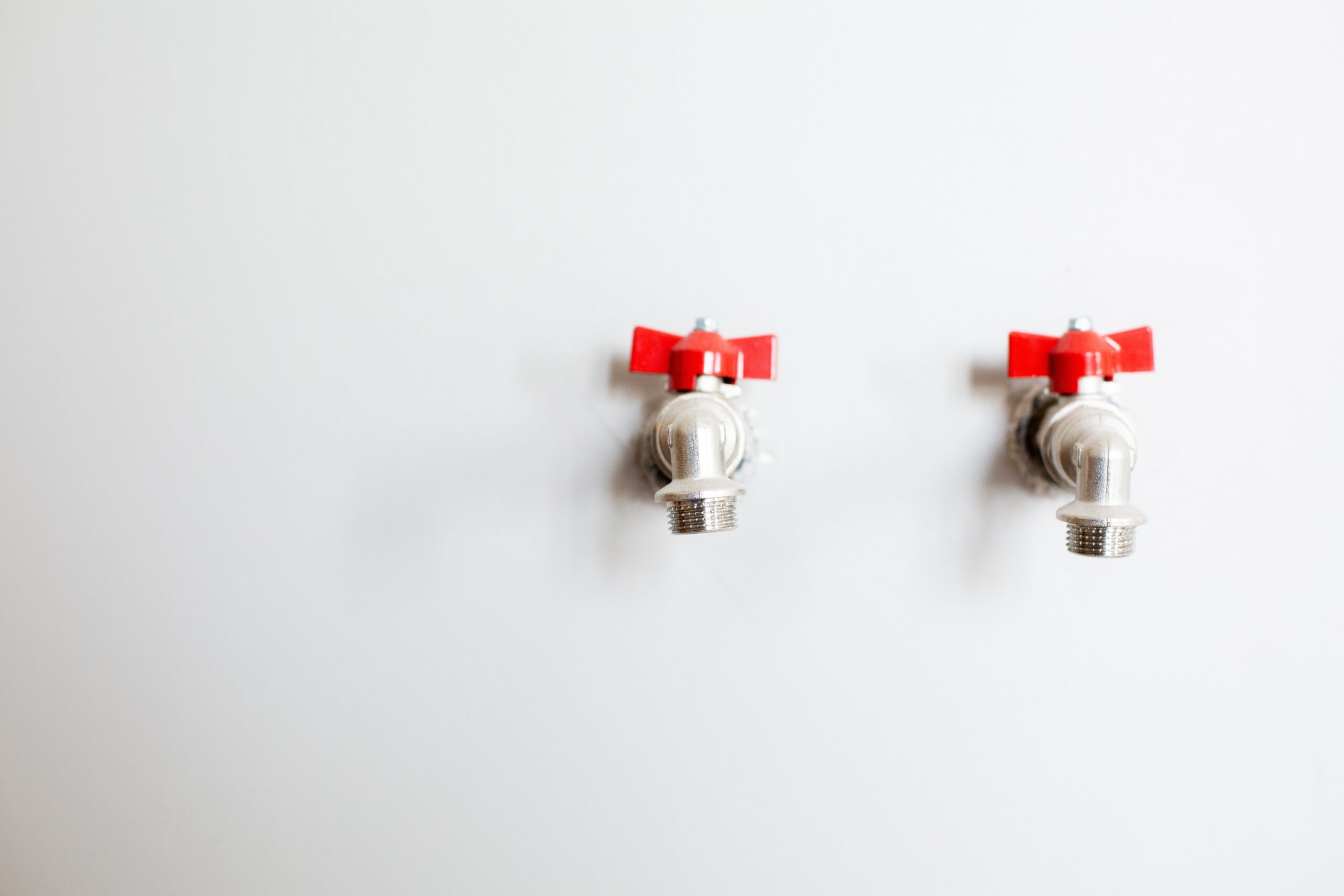Estimated reading time: 3 minutes
Achieving success in organic SEO involves focusing on important factors that include on-page SEO. Off-page SEO won’t help much if you ignore on-page SEO. Experts know on-page optimization is a continuous process to achieve higher rankings.
What Is On-Page SEO?
On-page SEO refers to optimizing pages to improve search engine rankings. It includes optimizing your images, HTML tags (title, meta, header), and headlines. The strategy is essential as it signifies your website has a high level of expertise, trustworthiness.
Here are the best strategies to use for on-page SEO for plumbers.
Use Target Keyword in the First 100 Words
This is an age-old SEO tactic that yields good results. All you’ve got to do is insert the target keyword in the first 100-150 words in the article. The reason is Google gives importance to things that show early on the page. It is one of those essential things that help Google learn what your page is all about.
Put Your Blog Title in an H1 Tag
The H1 tag acts as a mini title tag and helps the search engine understand its structure. Many online platforms like WordPress add an H1 tag to your blog post title. If your case is different, you need to put the blog title in the H1 tag.
Put Subheadings in H2 Tags
Your target keyword should be part of at least one sub-heading that’s wrapped in the H2 tag. The H2 tag comes after the H1 tag in terms of importance.
If the target keyword comes in the H1 tag, H2 tags must also have these keywords. You are limited to using the H1 tag only once on the page. However, your page can contain multiple H2 tags. Google also gives importance to H2 tags as it comes 2nd in the hierarchy of tags.
Keyword Frequency
In successful SEO for plumbers, the right keyword frequency is essential. There are a few rules regarding keyword frequency. Search algorithms are sophisticated, and keyword cramming does not go well with search bots. Awkward keyword experience is the fastest way to spoil the user experience. Hence, it would help if you focused on proper keyword frequency.
Use External Links
External links to related pages help Google understand the page topic better. It also shows Google that your page is the hub of quality. According to SEO experts, websites with external links will always outrank sites without links.
Optimize URLs for SEO
The URL is the most under-rated part of SEO. URLs are minor ranking factors used by search engines to determine the relevance of the page to the search query. A keyword in the URL gives weight to the authority of the domain. Hence, optimizing URLs for SEO becomes a vital on-page SEO strategy.
Front-Load Your Keyword in Title Tag
A title tag is a crucial element of HTML that determines the title of the webpage. Title tags appear in search result pages. Placing the keyword at the starting of the title tag gets your webpage more weight in search engine indexing. If that is not possible, the keyword can appear anywhere in the title tag.
These are some of the essential on-page SEO strategies that can get you higher rankings in the search engine results page.
Share this content:
